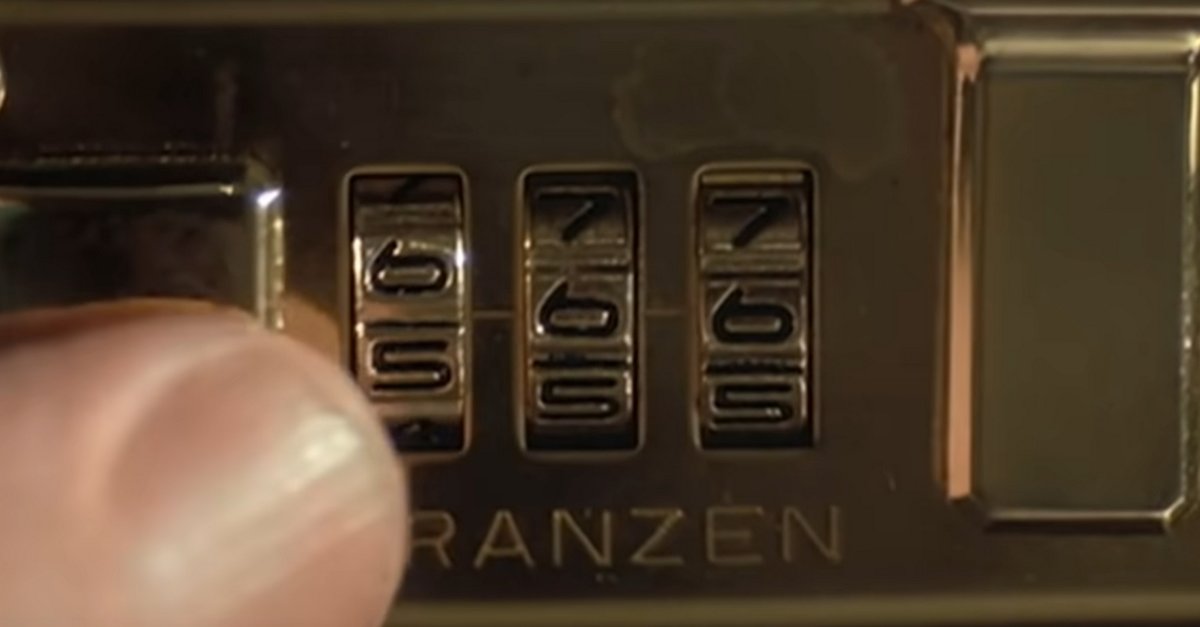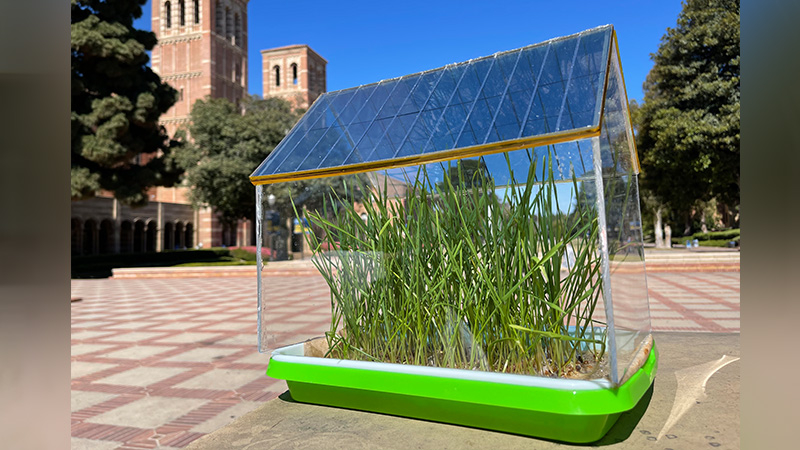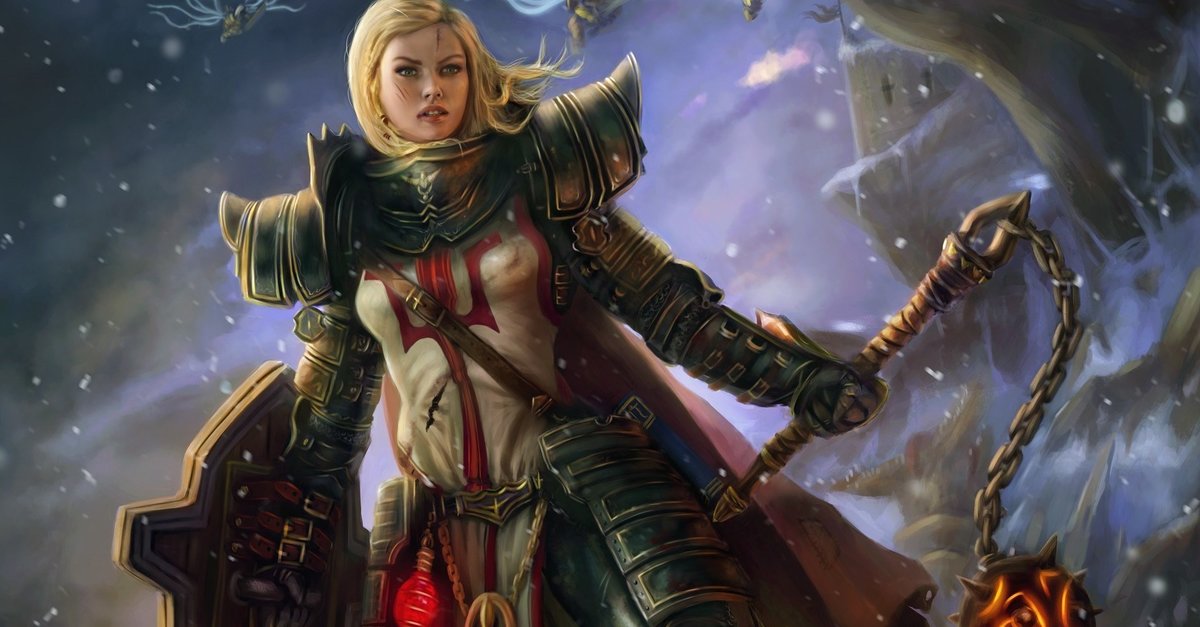What is a trope? (Films, series, games, books)
In videos and articles on films, games, books and other media, one hears more and more frequently of “well-known tropes” – whether they are fantasy, sci-fi, TV or video game tropes. You can find out what a trope is and where the word comes from here at GIGA.
Trope – meaning & origin
The word “trope” as it is used in articles and videos these days comes from English. With “Tropus” there is also a German word which is derived from the originally Greek word “tropé”. Translated directly it means “turn”. In literature and rhetoric one has different things under a trope Stylistic devices, Paraphrases and Metaphors Understood.
The fact that the term is so widespread in pop culture these days probably has something to do with the wiki page TVTropes, which was founded in 2004, and with media journalists (and later YouTubers) who spread the word.
When one speaks of a trope, it is one repetitive motif, narrative pattern, or a specific convention meant in a work. A trope does not necessarily have to correspond to a cliché, but just noticeably often appear in films, series, novels, comics, video games or other media that it can be seen as recognizable stylistic device can identify.
At GIGA you can also find out what the difference between a sequel and a prequel is, how exactly the spin-off fits in and what makes a crossover.
Examples of the tropics
Tropes or tropics are understood to mean the most varied of concepts that can be found again and again in different media. Even very simple ideas, which have become established terms in the industry, belong to the tropics. Examples are the “Anti-hero”, “Running gag” or that “Deus ex machina” – So the problem solving out of the blue, although the protagonists are actually in a hopeless situation.
Tropics are also more abstract concepts. For example, the one popular in children’s series “Five Troop”, a group of heroes or friends who always consist of the same one-dimensional characters: leader, prankster, genius, thug and protector. Objects in a story can also become trope, for example if they are a “MacGuffin” are. This is the name of all objects that only serve the purpose of moving the story forward. A “MacGuffin” can be a sunken treasure, a super weapon or a work of art – the main thing is that it is completely interchangeable.
“Fan Service” is also a trope – beach episodes in an action or anime series are a repetitive element in order to be able to show the actors in swimwear. And concepts that go beyond the factory can also become trope. For example the “Author’s Fetish”: Directors such as Quentin Tarantino or Luis Buñuel are said to have a foot fetish, as barefoot recordings repeatedly appear in their works.
The range of tropes is huge. If you want to read more about the tropics, you should take a look at the German offshoot of TVTropes.



